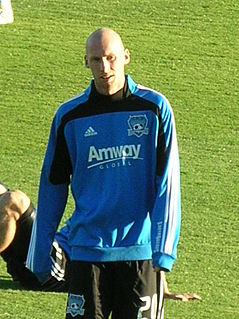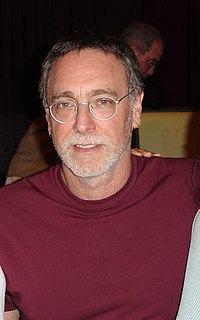A Quote by Joseph Brodsky
On the whole, books are indeed less finite than ourselves. Even the worst among them outlast their authors - mainly because they occupy a smaller amount of physical space than those who penned them. Often they sit on the shelves absorbing dust long after the writer himself has turned into a handful of dust.
Related Quotes
In this model, the sun is a very tiny speck of dust indeed-a speck less than a three-thousandth of an inch in diameter ... Think of the sun as something less than a speck of dust in a vast city, of the earth as less than a millionth part of such a speck of dust, and we have perhaps as vivid a picture as the mind can really grasp of the relation of our home in space to the rest of the universe.
A few days ago Tan Casipo said to me, 'Some people come here with so much dust in their eyes it's unbearable to talk to them.' What does that say about the monkhood? He can't tolerate people with 'dust in their eyes.' All that these monks have developed here is a safe little self-centred world which they call holy because villagers bow down to them. Living in a forest and wearing a robe doesn't make you better than anybody else.
The stories that unfold in the space of a writer's study, the objects chosen to watch over a desk, the books selected to sit on the shelves, all weave a web of echoes and reflections of meanings and affections, that lend a visitor the illusion that something of the owner of this space lives on between these walls, even if the owner is no more.
Few of those who fill the world with books, have any pretensions to the hope either of pleasing or instructing. They have often no other task than to lay two books before them, out of which they compile a third, without any new material of their own, and with very little application of judgment to those which former authors have supplied.







































